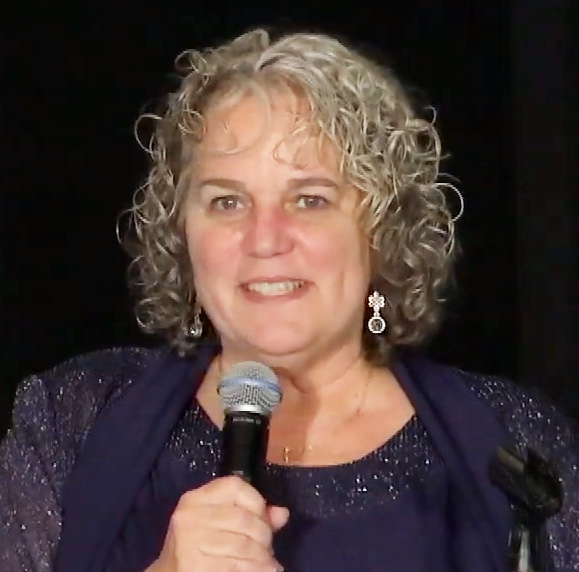- Director's Desk
Grass is Greener…or is it?
by Sheila St. John
Winter 2022
Human nature is such (or is it just me?) that it can be easier to focus on our problems than our blessings, and to assume others have it so much easier or better than us, and that our lives would be so much easier or better, too, if only_____ (fill in the blank). A visual depiction of this perspective that the happiness we imagine others enjoying is beyond our reach, is reflected in the saying “the grass is always greener on the other side of the fence”.
This is such a universal tendency, that we find similar proverbs throughout history, and across cultures:
“The harvest is always richer in another man’s field”
“The apples on the other side of the wall are the sweetest”
“Your pot broken seems better than my whole one”.
Social media can inflame this tendency, as we view pics of seemingly happy families enjoying their perfect lives, or if we are teens, pics of other teens with perfect skin, hair, and bodies, and lots of followers.
This tendency to romanticize the circumstances of others, is in part because we actually know very little of the struggles they endure. We speak often here of the benefits of NFP, and they are both real and plentiful. But like anything worthwhile, NFP can also be challenging. For some, it may be so only temporarily while navigating a difficult time—marital strain, poor health, or unclear signs of fertility during a transitional time. For others, NFP is challenging in an ongoing way, for some even lifelong.
Our challenges are real, be they minor and temporary, or major and unrelenting. They are not made better by either denying them, or comparing them to the burdens of others. When I speak with a woman who is struggling with little time for intimacy with her husband due to an overabundance of fertile signs, it is NOT helpful to say, well, at least you HAVE mucus, the woman I just spke with before you, would give anything to have just a portion of what you have. Nor would it be helpful to tell the woman struggling with infertility, well at least you can have relations whenever you want, as the woman I am seeing next has not felt confident being with her husband for two months.
It also is not helpful to us, as we navigate our own challenges, to contrast them with a romanticized notion of other people’s lives. We see the big family in church, and especially if we ourselves experienced infertility or loss, we may see only green grass on the other side of that pew. Our romanticized version of their life, does not include that they endured six miscarriages and a stillbirth. Or, sleep deprived as we juggle a colicky infant, we cannot help but notice the well dressed (and rested) couple in front of us, whom we imagine glaring at us for our fussy baby, when they are really just struggling with their feelings of turning 40 and not yet pregnant.
Maybe we fantasize what it would be like to have a carefree intimate life, unencumbered by charts of fertile and infertile days, and have a vasectomy like our friend Joe, unaware that Joe and his wife have not been intimate since his affair three years ago.
Perhaps we are each given exactly the challenges we need, to be the best versions of ourselves we can be. Perhaps true happiness is available to us right here on our own side of the fence, as we embrace our challenges, while counting our blessings, and supporting each other on this journey.
About The Author


